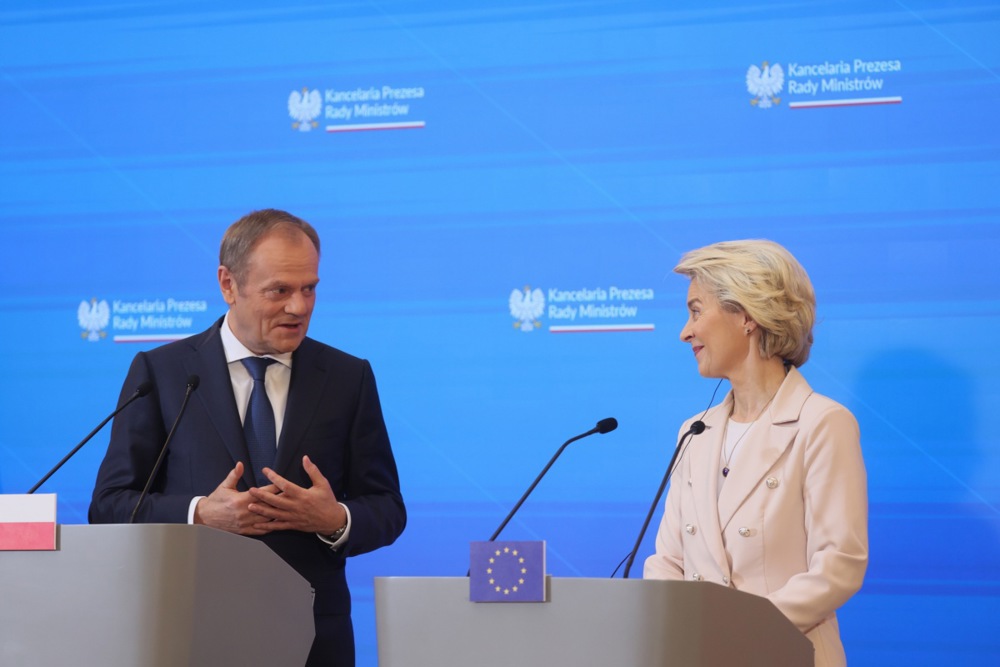The European Commission has rejected Poland’s request for defence spending to be excluded from calculations in relation to the country’s budget deficit.
The Polish Government had hoped such an exemption would soften the introduction of cost-cutting measures that will be required as a result of Poland being subject to the European Union’s excess deficit procedure.
On October 29, Poland’s finance minister Andrzej Domański admitted to Reuters the decision was a “blow” for the government. Warsaw had hoped that, given its plans for rearmament due to Russia’s aggression in Ukraine, the EU would enable it to increase defence spending without having that counted under the bloc’s excessive deficit procedure.
Poland, along with six other EU member states, was placed under that procedure in July. The country’s deficit for 2023 stood at 5.1 per cent of GDP, well above the EU’s target of 3 per cent.
Poland’s deficit had risen above that 3 per cent target in recent years due to increased spending during the Covid pandemic and following the outbreak of war in neighbouring Ukraine.
In answer to the EC on combating its deficit, Poland has produced a plan to reduce its debt-to-GDP ratio to below 60 per cent and limit the public sector finance deficit to 3 per cent of GDP in four years.
It has also requested that the EC acknowledge Poland’s efforts to increase defence spending, now at 4.7 per cent of GDP, the highest ratio among NATO countries, as well as the need to defend the Polish border from illegal migration.
Domański claimed that “had it not been for those expenditures Poland’s public sector debt would be much lower”.
He said the EC’s rejection meant the possibility of Poland being free of the EC’s procedure “may take longer than four years”.
The government, led by Prime Minister Donald Tusk, will likely find it difficult to make good on its promises to cut income tax, reduce employers’ social security contributions and introduce zero-rated mortgages for first-time home buyers.
In fact, none of these measures are included in the government’s latest fiscal plans and their absence has caused tensions within Poland’s ruling four-party coalition.
The EU froze its fiscal policy guidelines for all member states between 2020 and 2023 but returned to enforcing them this year when it launched its excessive debt procedure against Poland, France, Italy, Belgium, Hungary, Malta and Slovakia.




